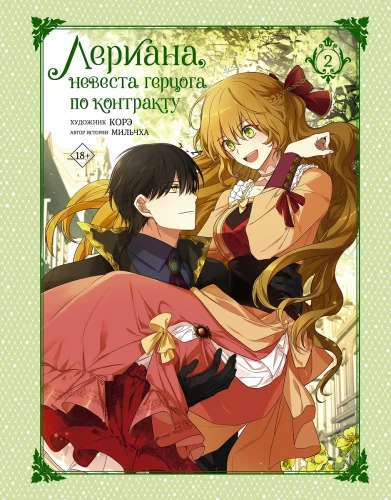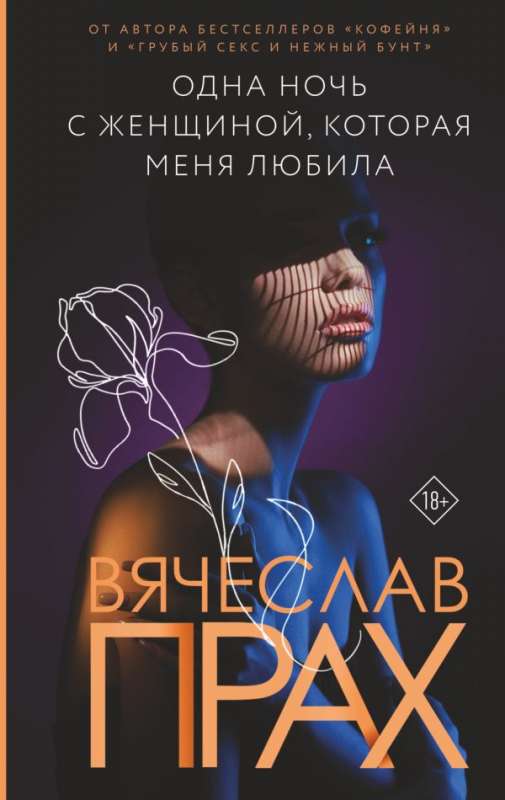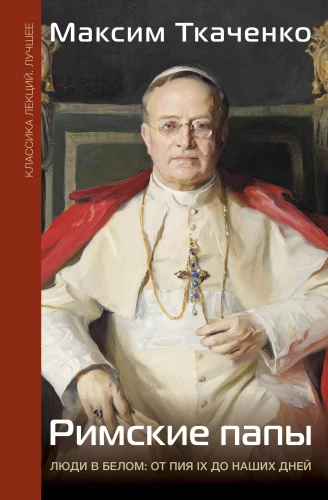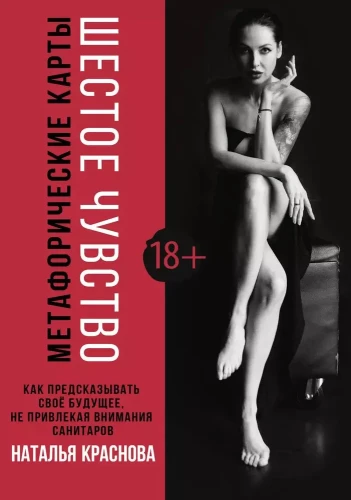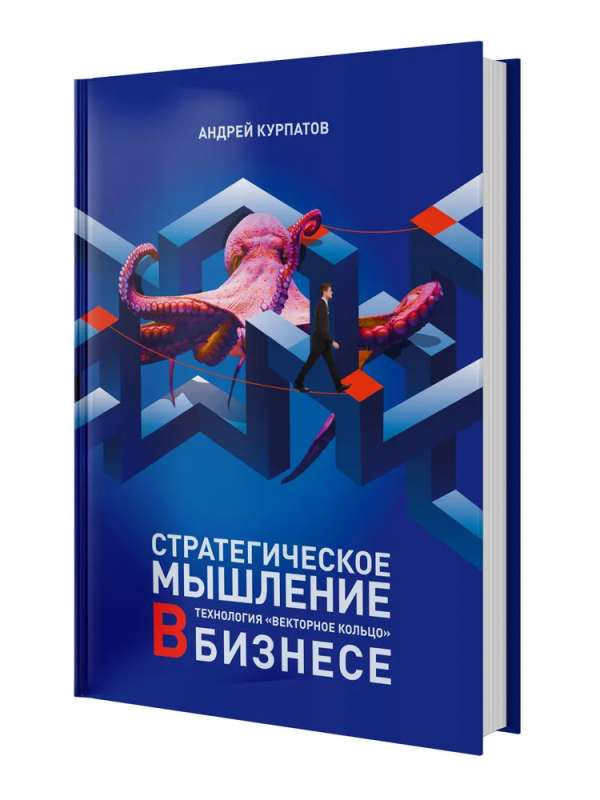The Idiot
The novel «The Idiot» along with «Crime and Punishment», «The Adolescent», «The Possessed» and «The Brothers Karamazov» is part of the so-called «great pentateuch» of F. M. Dostoevsky. This novel became one of the writer’s most beloved works, as in...
it Dostoevsky outlines his moral and philosophical position. In «The Idiot», a challenging task is set forth— to describe the «new prophet» and present the reaction of those around him to the words and actions of such a seeker of truth. In his letters, Dostoevsky calls the main character of his novel, Myshkin, «Prince-Christ». In the Gospel of John, the Savior says that he is «not of this world», therefore Prince Myshkin in Dostoevsky’s work is a person who poorly fits into the real world, a contemporary blessed one. In this regard, one can also recall Don Quixote by Cervantes; in the eyes of those around him, this hero is at best considered a madman. At the same time, conversations with Myshkin astonishingly reveal the hidden spiritual qualities of the characters in the novel. Thus, surely, Mark the Ratkiller from Bulgakov’s novel would change after a conversation with Yeshua Ha-Notsri. However, Myshkin is unable to change the vicious world surrounding him and, not accepting it, ultimately goes insane. The novel «The Idiot» began to be published in parts in the issues of the magazine «Russian Messenger» in 1868. Its last chapters were written by Dostoevsky in 1869 in Florence. Working on the novel was difficult for him. Critics responded to this work skeptically, considering it detached from life. It was only in 1874 that «The Idiot» was published as a separate book. However, over time the public’s attitude toward the novel began to change, and at the turn of the 19th-20th centuries, it had a noticeable influence on European culture. Friedrich Nietzsche and Stefan Zweig wrote about this novel. Later, «The Idiot» was repeatedly adapted for film both in Russia and abroad.
The edition is adorned with illustrations by Olga Andreyevna Rusakova. They well convey the complex inner world of the characters in the novel. The future artist was born in St. Petersburg. After graduating from the design faculty of the Finnish University of Applied Sciences Kymenlaakso, she interned at the Polytechnic University of Valencia in the Faculty of Fine Arts. Rusakova is a participant in international competitions in illustration and wall visual arts. She illustrated the philosophical novel «Thus Spoke Zarathustra» by Nietzsche and «Crime and Punishment» by Dostoevsky in the BML series. She also created illustrations for the poetry collection of Marina Tsvetaeva «Evening Album» in a smaller format of the BML series.
Author: Федор Достоевский
Printhouse: SZKEO
Series: Library of World Literature
Age restrictions: 16+
Year of publication: 2023
ISBN: 9785960308786
Number of pages: 560
Size: 250x170x20 mm
Cover type: hard
Weight: 883 g
ID: 1518159
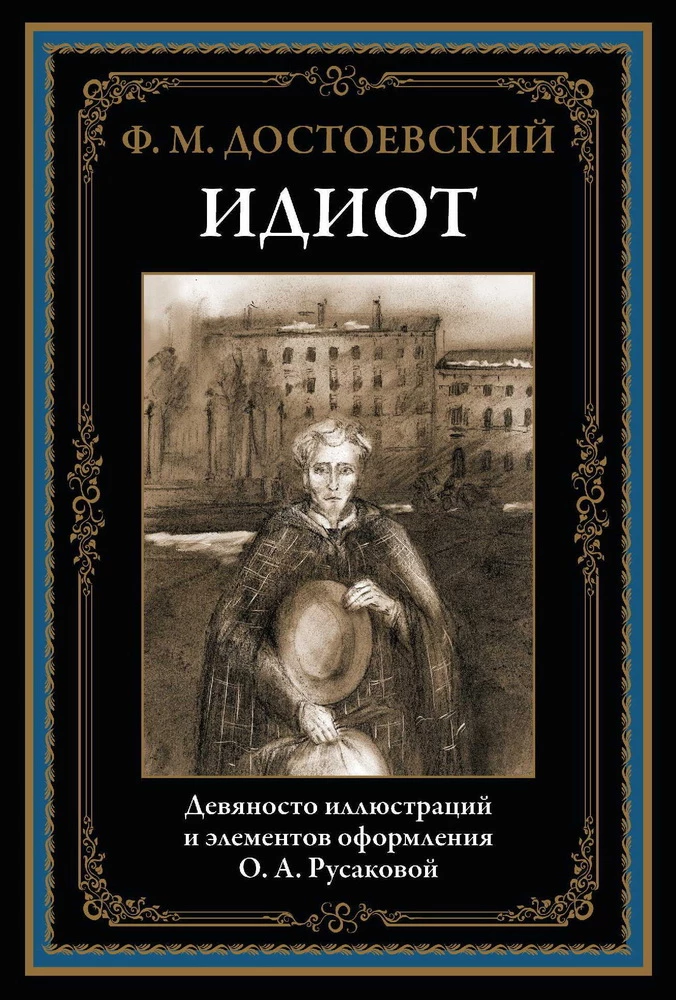
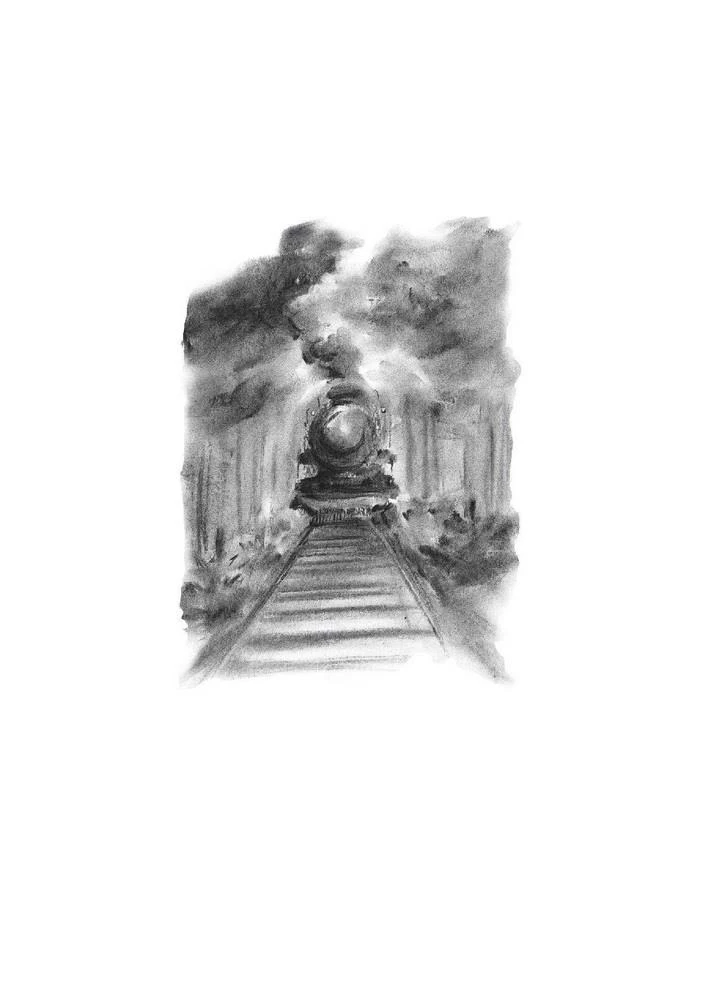
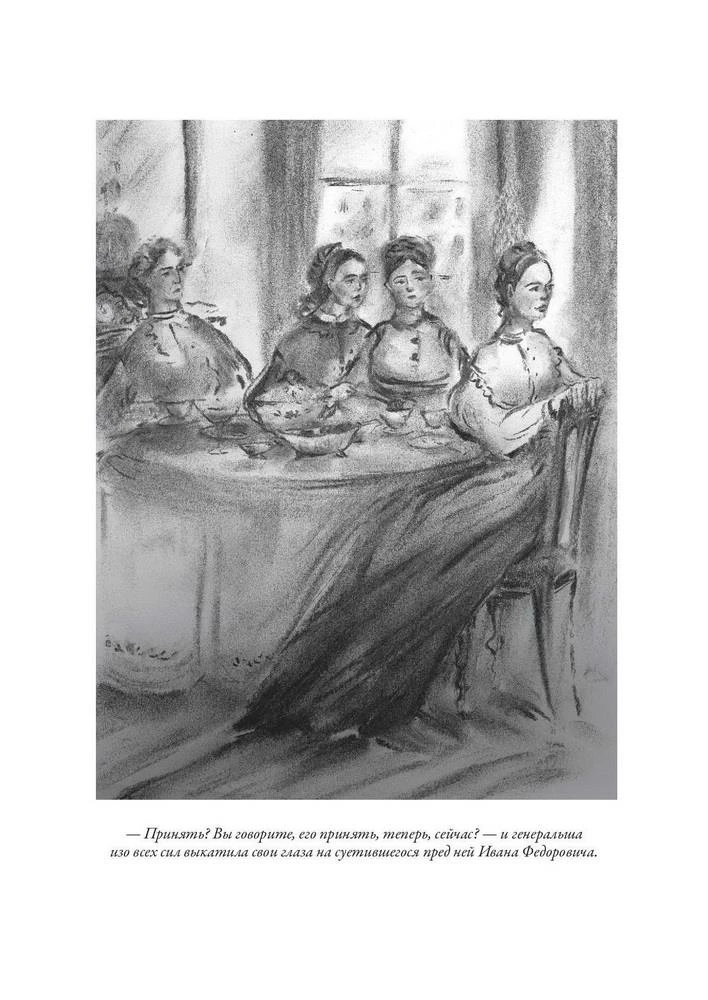
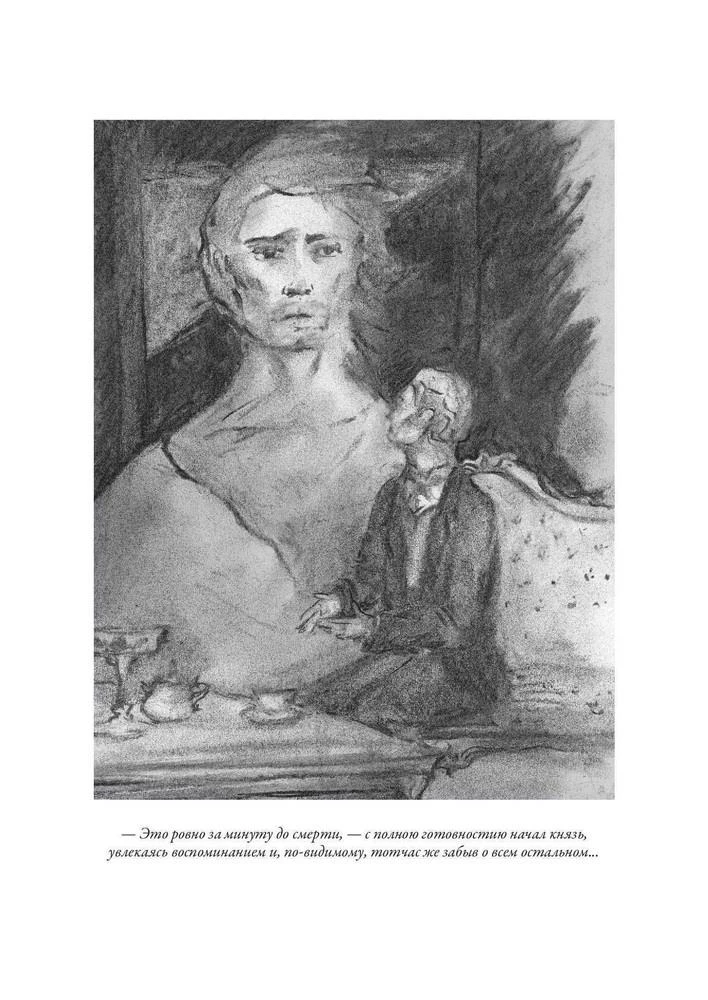
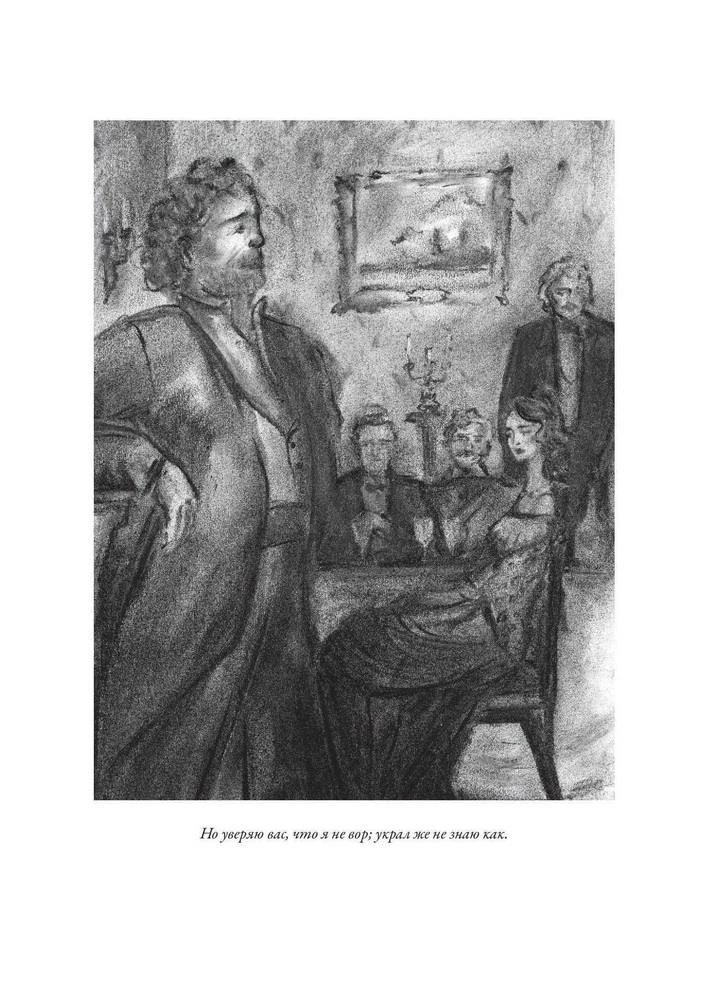
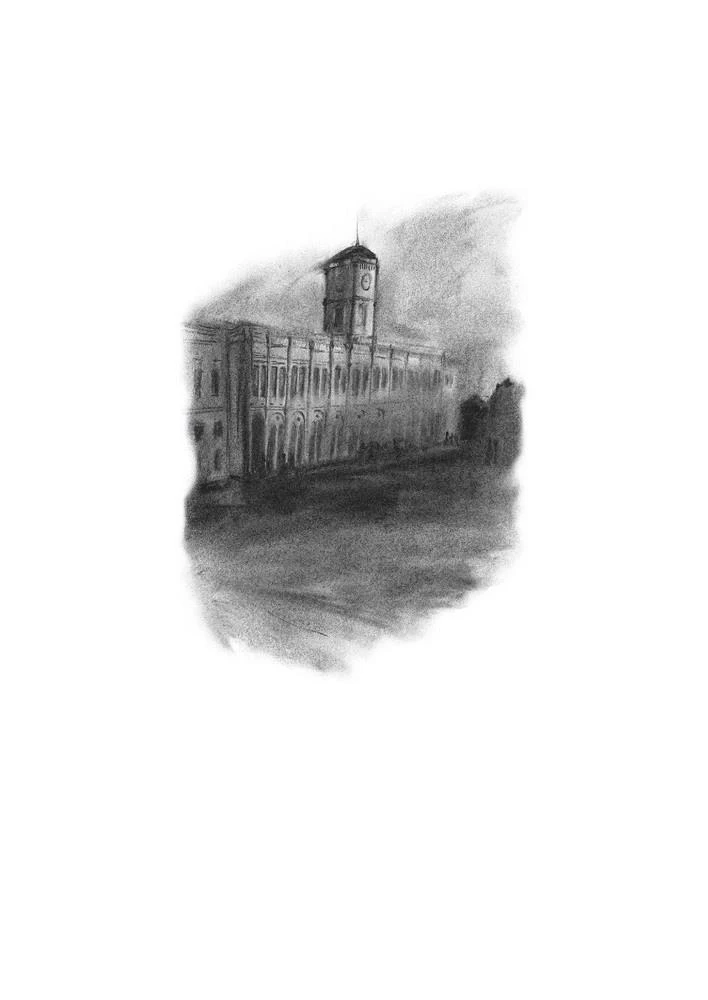
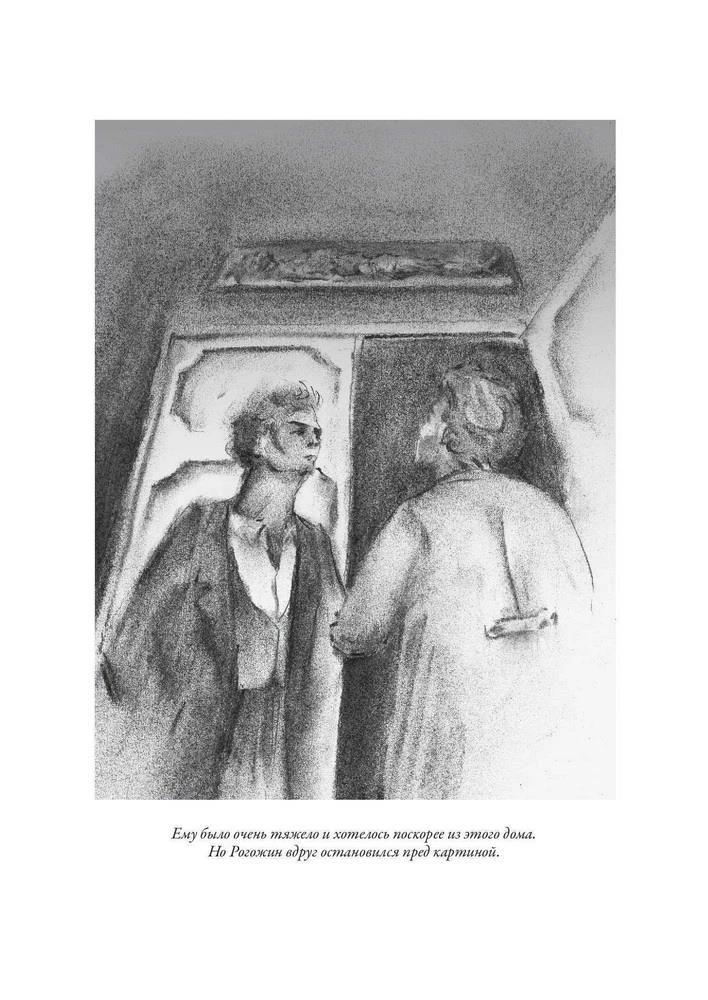
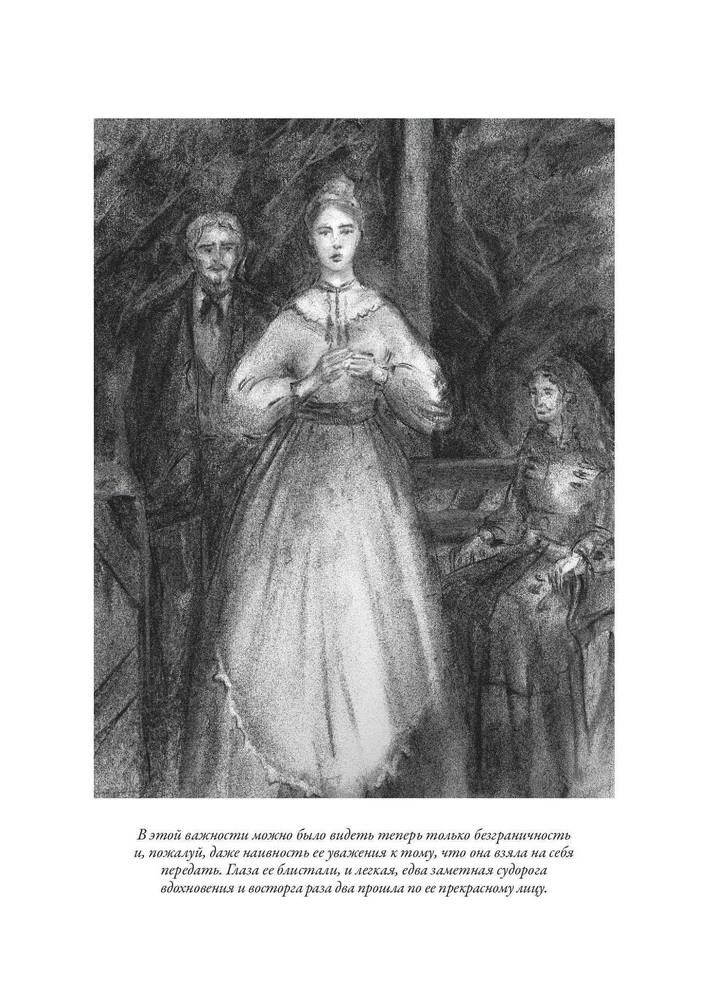
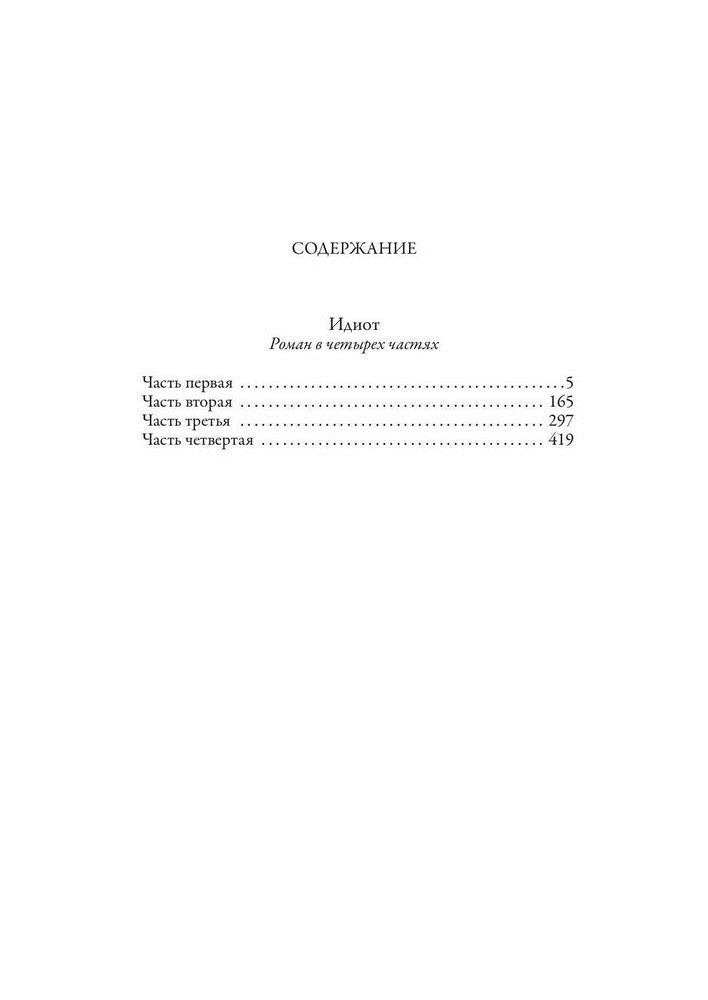
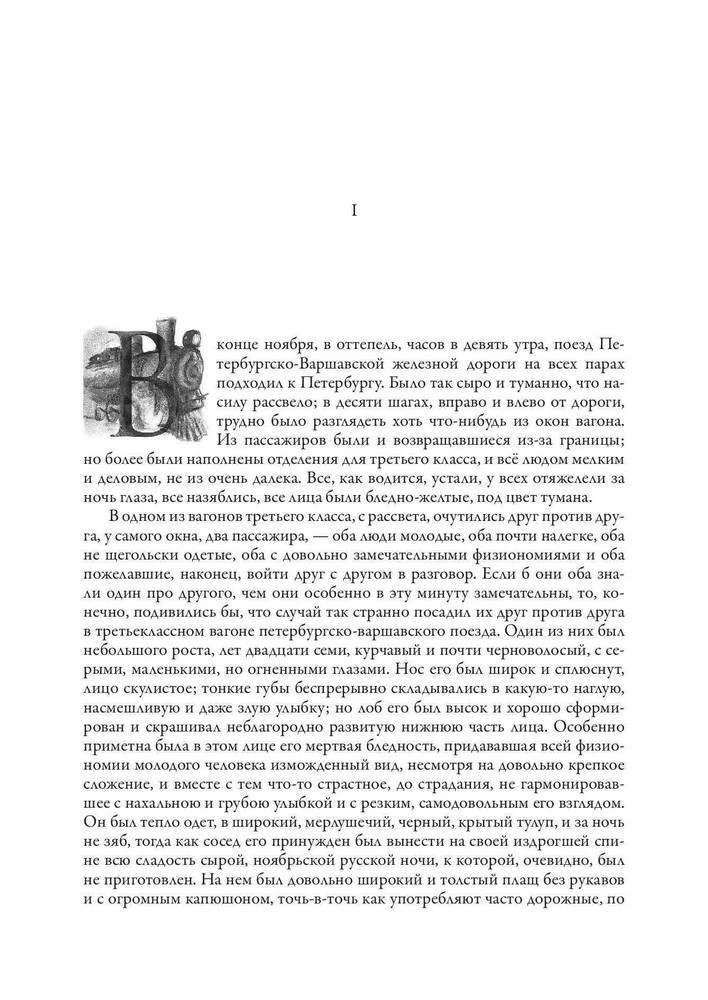
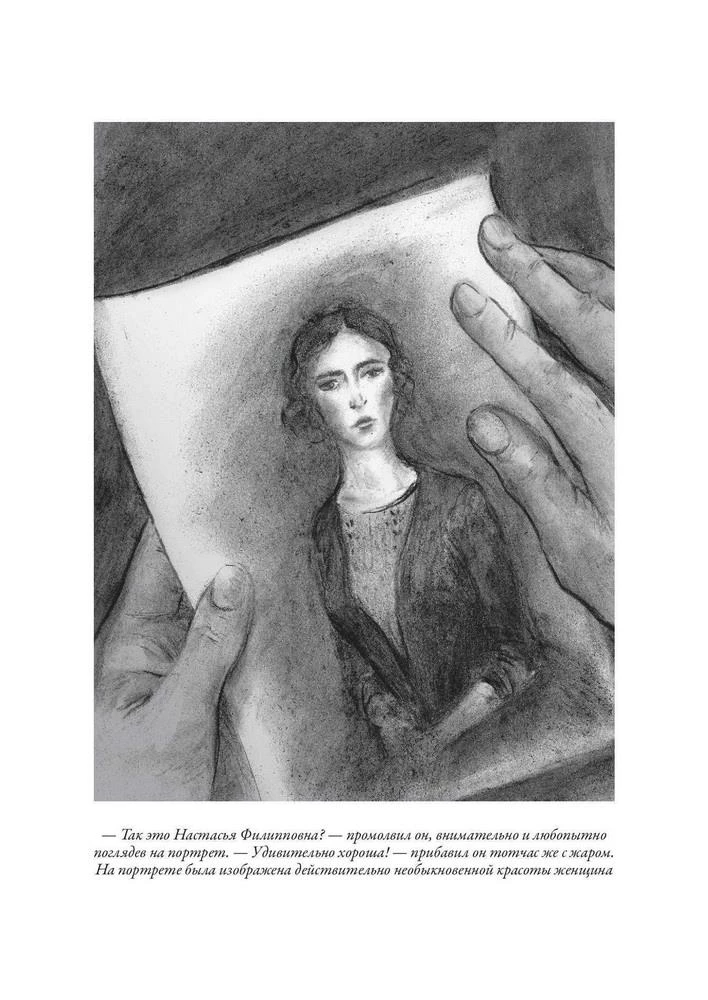
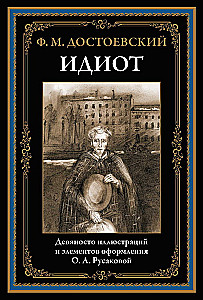
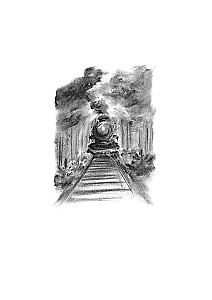
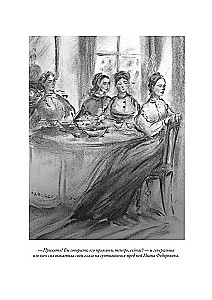
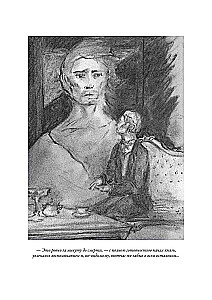
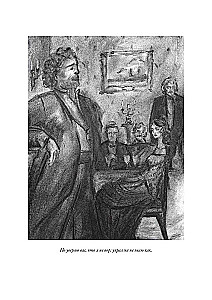
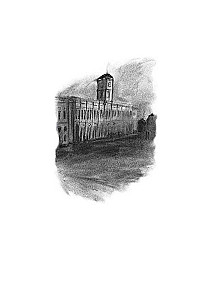
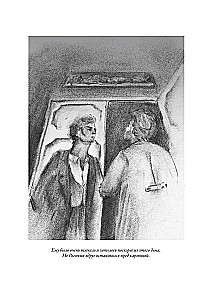
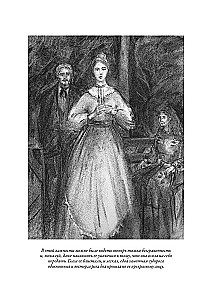
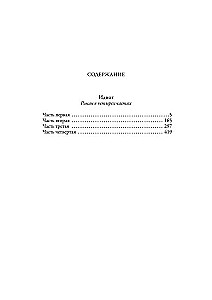
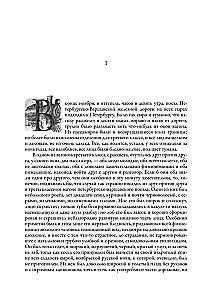
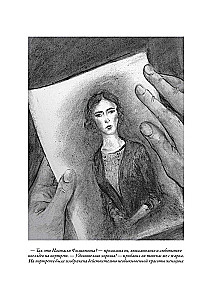


-medium.webp)
